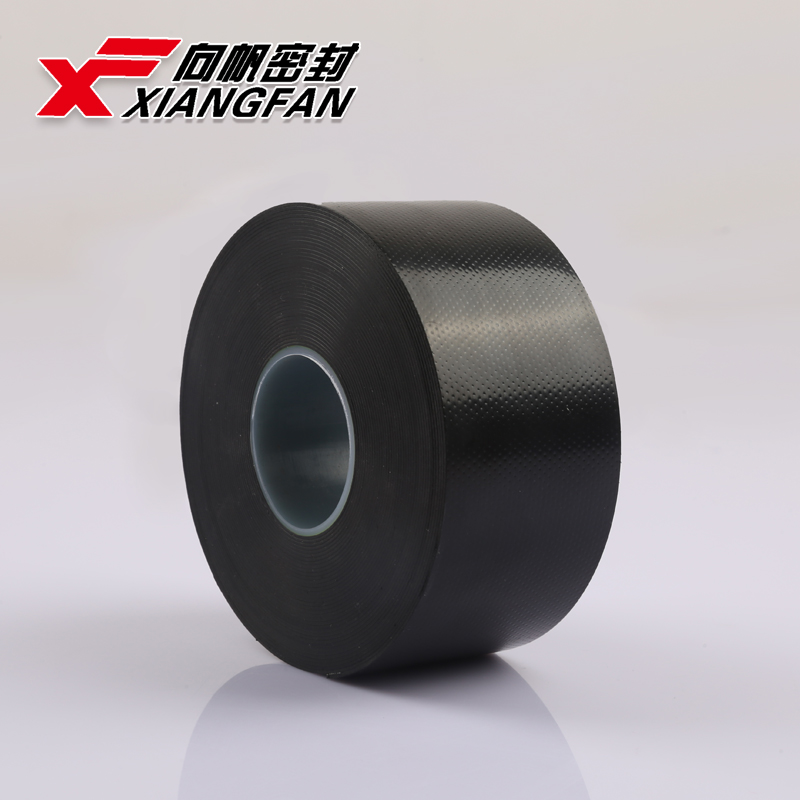The Importance of Fire-Resistant Insulation Tape Features, Applications, and Benefits
In an increasingly safety-conscious world, businesses and individuals alike are continuously seeking effective solutions to enhance their fire protection strategies. One such solution is fire-resistant insulation tape. This versatile product plays an integral role in maintaining safety standards in various environments, from industrial applications to home repairs. This article delves into the features, applications, and unparalleled benefits of fire-resistant insulation tape.
Features of Fire-Resistant Insulation Tape
Fire-resistant insulation tape is composed of specialized materials featuring significant attributes aimed at providing robust fire protection. Typically made from fiberglass, silicone, or other high-temperature-resistant substances, this tape can withstand extreme temperatures while maintaining its structural integrity. Its primary feature is its ability to resist ignition and slow down the spread of flames, effectively acting as a barrier against potential fire hazards.
Another critical feature is its excellent adhesion capability. Fire-resistant insulation tape can bond securely to a variety of surfaces, including metal, plastic, and rubber. This adaptability makes it suitable for multiple applications. Additionally, it is often designed to be durable, ensuring resistance to abrasion, moisture, and chemicals, which further extends its lifespan in challenging environments.
Applications of Fire-Resistant Insulation Tape
One of the most prominent applications of fire-resistant insulation tape is in the electrical industry. It is frequently used to insulate electrical wires and components, providing an essential safeguard against potential electrical fires caused by short circuits or overheating. In this context, the tape ensures compliance with safety regulations while reducing the risk of fire in residential and commercial settings.
Moreover, fire-resistant insulation tape is invaluable in HVAC (heating, ventilation, and air conditioning) systems. Insulating ductwork and helping to maintain temperature control is crucial for system efficiency and energy conservation. By using fire-resistant tape on these systems, installers can minimize the risk of fire due to the buildup of excessive heat in poorly insulated areas.
fire resistant insulation tape

Additionally, industries dealing with flammable materials—such as oil, gas, and chemicals—also benefit from this product. Fire-resistant insulation tape can secure and protect pipes, equipment, and various components, ensuring that potential ignition sources are adequately managed. Its application in such high-risk environments is critical for ensuring the safety of both workers and facility operations.
Benefits of Utilizing Fire-Resistant Insulation Tape
The benefits of fire-resistant insulation tape are manifold. First and foremost is the enhanced safety it provides. By minimizing the risk of fire hazards, it offers peace of mind to those working in environments with electrical hazards or combustible materials. This elevated safety standard not only protects lives but also helps adhere to legal regulations and standards often mandated in many industries.
Furthermore, utilizing fire-resistant insulation tape can lead to cost savings. By preventing fires or mitigating their spread, companies can avoid costly damages, downtime, and potential legal ramifications due to fire-related incidents. Additionally, opting for this type of tape often results in reduced insurance premiums, as many insurers recognize the reduced risk associated with using flame-resistant materials.
Another notable benefit is its contribution to energy efficiency. Properly insulating ductwork or electrical components with fire-resistant tape can reduce energy waste, lower utility bills, and prolong the life of HVAC systems and electrical installations. Over time, these savings can significantly enhance a facility's overall operational efficiency.
Conclusion
In conclusion, fire-resistant insulation tape is an essential product that plays a pivotal role in promoting safety and efficiency across various industries. Its unique attributes, including high-temperature resistance, strong adhesion, and durability, make it an indispensable tool for managing fire risks. With a wide range of applications, particularly in electrical wiring and HVAC systems, the benefits of implementing this protective measure are evident. By choosing fire-resistant insulation tape, companies and individuals can better safeguard their environments, protect lives, and enhance productivity while adhering to safety standards. As the demand for safety solutions continues to grow, the importance of fire-resistant insulation tape will undoubtedly remain paramount.
-
Self Amalgamating Tape: Waterproof Electrical Insulation & SealingNewsAug.30,2025
-
Self Amalgamating Tape: Waterproof Electrical & Pipe SealNewsAug.29,2025
-
Medium Voltage Fusion Tape | Self-Fusing Electrical InsulationNewsAug.28,2025
-
Butyl Rubber Tape for Ventilation PipesNewsAug.22,2025
-
Flex Tape Waterproof for Underground CablesNewsAug.22,2025
-
Flame Retardant Tapes for Circuit InsulationNewsAug.22,2025
